Strong interpersonal skills are in high demand for a wide range of jobs. We’ve all worked with someone who is great at interacting with coworkers and is always reliable. It is evident that this person has honed his\her personal skills list. They effectively communicate with others, express themselves, and manage themselves. Your personal skills influences not only your professional path but also your personal life. Employers seek candidates with strong interpersonal skills because they contribute positively to the office culture and are dependable in a variety of ways.
Strong personal skills will always put you ahead of the competition while looking for employment, regardless of what you do for a profession. This is because businesses may hire people with the best personal skills list who will be both efficient and pleasant to work with, in addition to those who are technically adept. In this article, we’ll discuss what personal skills are, how to identify them, how to highlight the list of personal skills for a resume, and how to enhance them.
What Are Personal Skills?
Personal skills are a person’s traits or qualities that relate to social interaction in many ways. They are also known as soft skills, people skills, or interpersonal skills. Since your attitude, personality, and working style inevitably accompany you to each employer you work for, they are also highly transferrable. Personal skills are more difficult to acquire and the list of personal skills for a resume is consequently valuable to recruiting managers. Your hard skills can be complemented by your personal skills list, resulting in a well-rounded applicant who will be an asset to any team.
Types Of Personal Skills For CV
Here are personal skills list that most employers seek. Create and highlight them in job applications, resumes, cover letters, and interviews.
Communication: Communication is an important personal skill since it determines how effectively people share and receive messages. Most employees require strong verbal communication skills in order to effectively communicate with others, including customers and coworkers. Communication is a two-way street, so active listening, asking valid questions, and maintaining open body language are all personal skills examples for a resume.
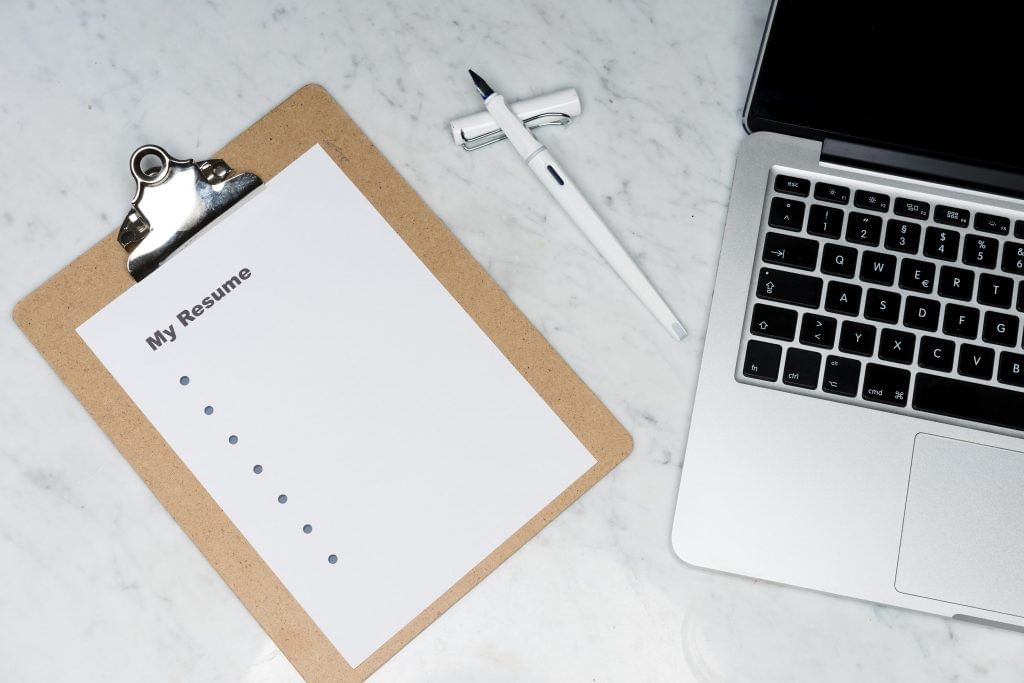
Critical Thinking: Employers need candidates who can resolve issues creatively and make informed decisions based on careful analysis. Critical thinkers are useful in all industries, including healthcare, engineering, and education. Creativity, problem-solving ability, and curiosity are all required for critical thinking and can be included in personal skills for a CV.
Problem Solving: How well do you solve problems? Problem-solving skills will be required in almost every job. Employers seek strong problem solvers since they make decisions effectively and quickly while keeping their emotions at bay. They gather as many details as possible and then let intuition, logic, and creative thinking guide them to the best solution. So emphasize your personal skills list to collaborate with others to find the best solution.
Flexibility/Dependability: Dependability and flexibility are the two personal skills that complement each other because flexible employees are always dependable and vice versa. Candidates who demonstrate dependability, responsibility, and trustworthiness are hired by employers. A flexible and dependable employee is also willing to assist colleagues with projects, even if the subject matter is unfamiliar to them.
Interpersonal Skills: Interpersonal skills, also known as people skills, are skills that deal with how you communicate and interact with others. Employers want employees who interact well with their employers, coworkers, and clients. Displaying such abilities as personal skills examples for a resume will impress your potential employer and may lead to future opportunities for promotions and raises.
Intrinsically Motivated: Employers are seeking staff who are enthusiastic about their professions and are motivated by internal forces. These people tend to put in the most effort and learn from their failures and mistakes. These people also tend to appreciate the process far more than those motivated by money and glory, making them easier to work with and more trustworthy in the eyes of employers.
FAQs
1. What are 5 personal skills examples?
The 5 personal skills that are vital for every individual are Communication, Collaboration, Conflict Resolution, Problem-solving, and Adaptability.
2. What are common personal skills?
Common personal skills include assertiveness, compassion, effective communication, ethics, generosity, good attitude, functioning under pressure, and high emotional intelligence.
3. What are 5 strong skills?
The 5 strong skills that most employers look for in employees are critical thinking & problem solving, teamwork and collaboration, oral and written communication skills, professional and strong work ethic, and most importantly which is a great plus also; leadership skills.
4. What should I put for personal skills?
Some of the top soft skills or personality traits that one must possess and include in their resume are critical thinking, flexibility, teamwork, and organizational skills.
Conclusion
The best skills to include on a resume vary depending on the job, career level, education, and other factors. Before applying for any job, review your personal skills list that are most valuable to the employer and tweak your resume based on which of your personal skills meet their needs. The purpose of your resume skills list is to demonstrate to the recruiter or hiring manager that you are the best candidate for the job and will add significant value to their team. You can also read some of our blogs that might help you:
What Is A Student Union? A Complete Guide

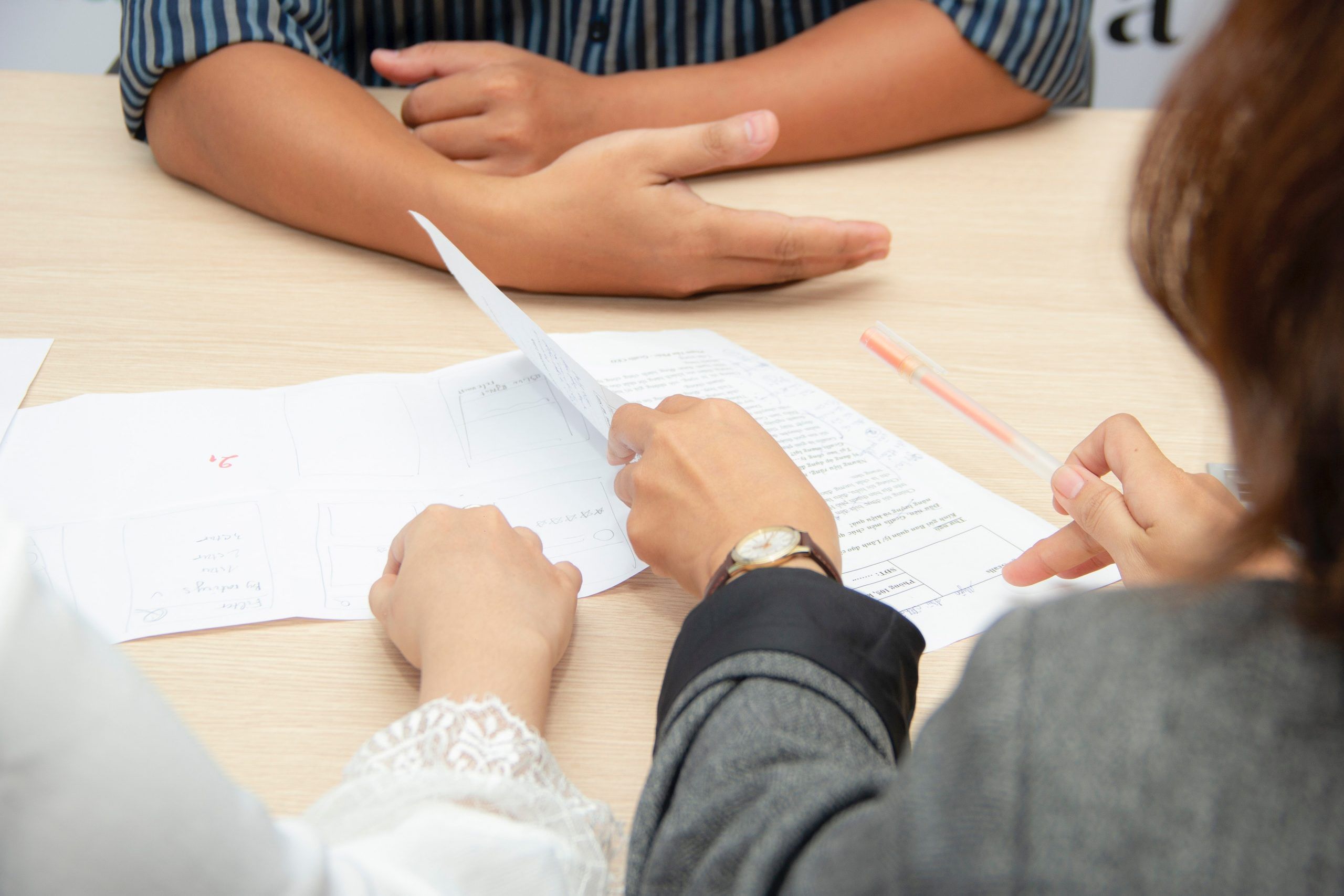





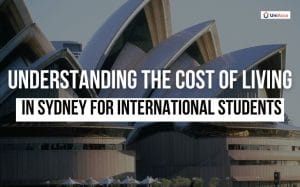



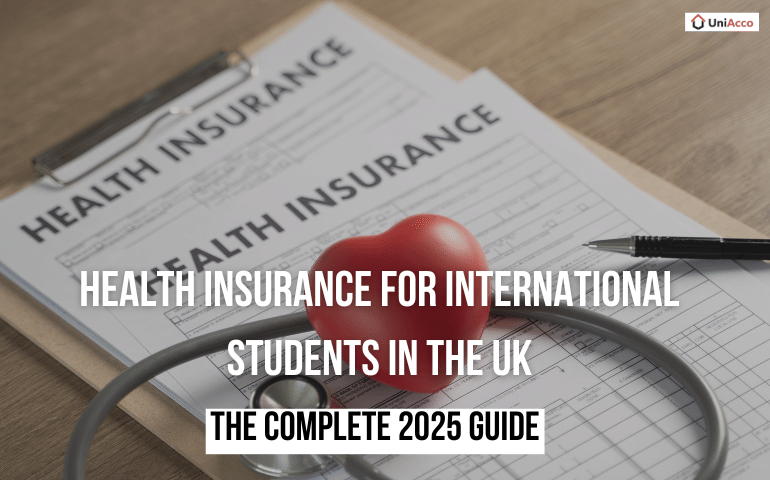


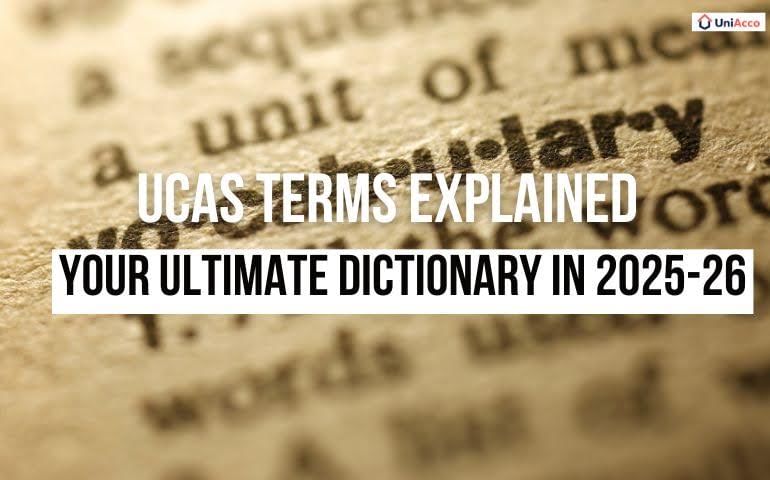
0 Comments